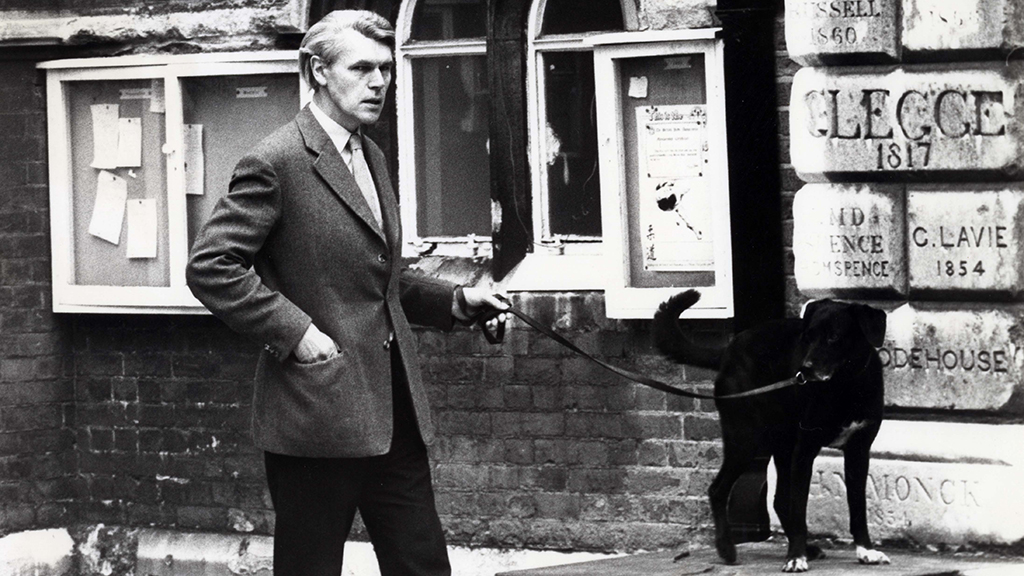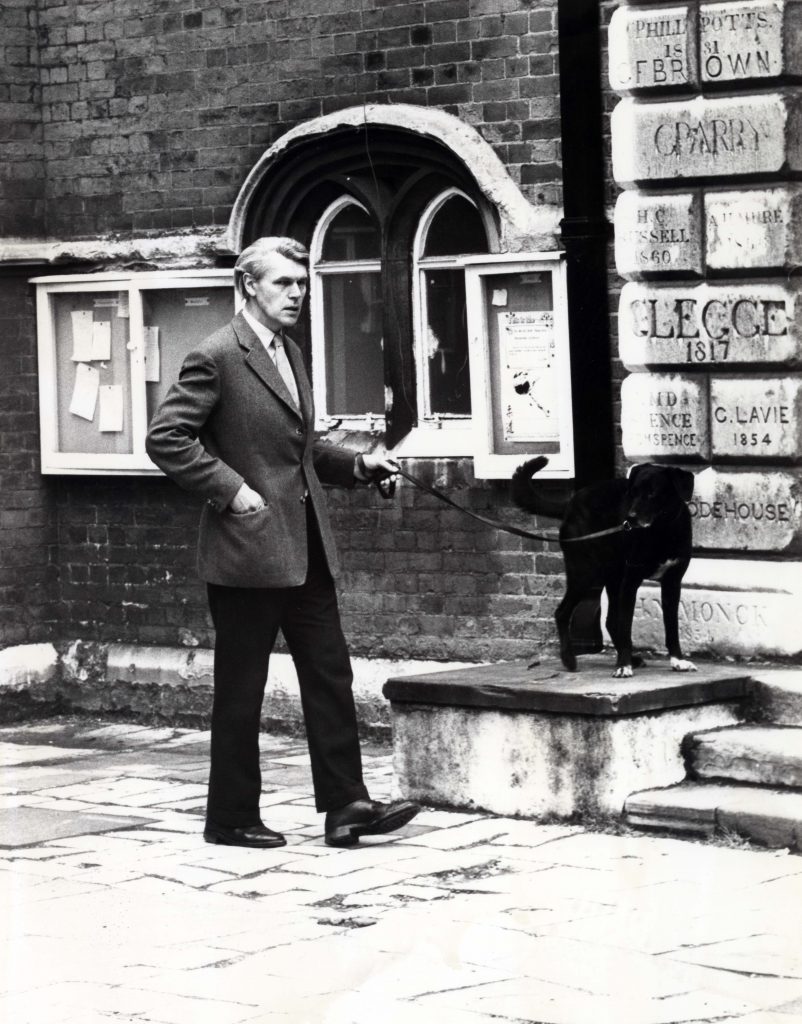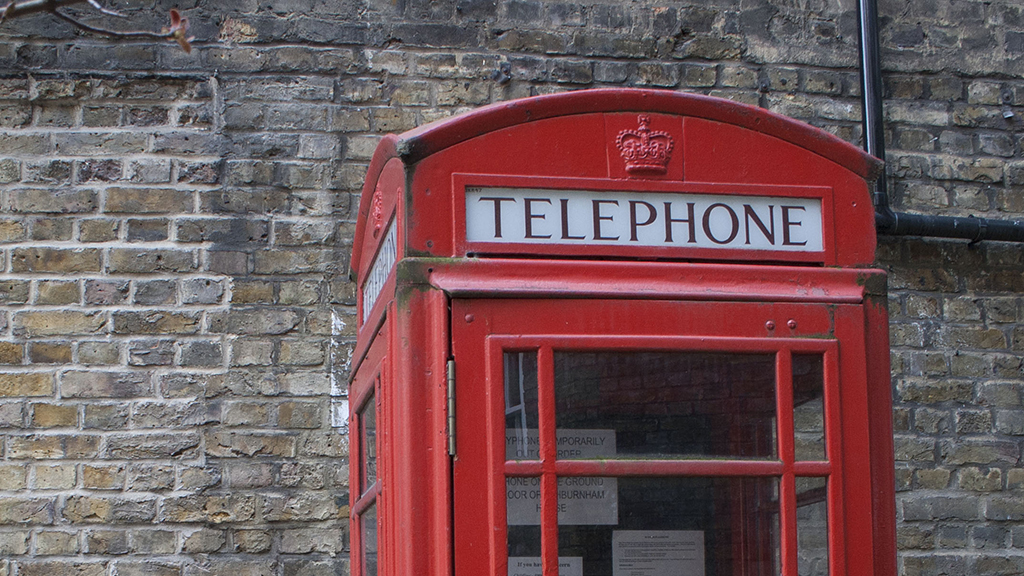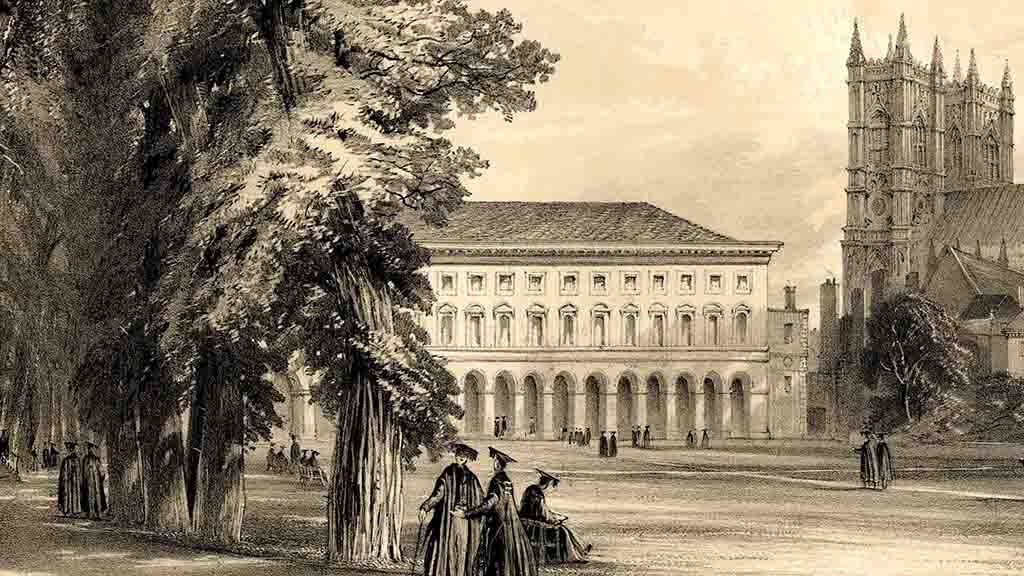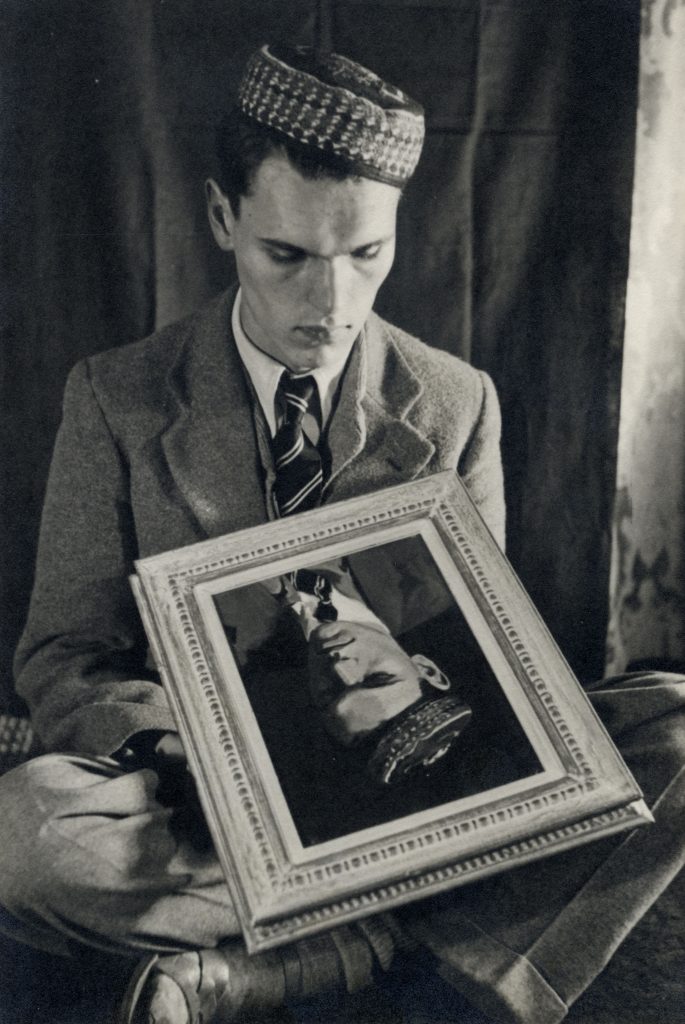 Denison Saumarez Brock (1922-1980) OW, of the Brock Library, was a principled, God-fearing man admired by many for his sincere, candid and inward nature.
Denison Saumarez Brock (1922-1980) OW, of the Brock Library, was a principled, God-fearing man admired by many for his sincere, candid and inward nature.
Brock was a man truly forever bound by the so-called “Westminster Bubble”, having gone to Westminster as a pupil when he was 13 years old to study Mathematics and Physics, then for a short while went to Cambridge and then returning to Westminster to teach for the rest of his working life, bar the years spent fighting in the war.
In 1937, he was described to be “a kindly, amused, amusing, quiet senior boy” who was seen to be a role model in perhaps all ways by the younger years – seeing in him the classic ideals of the British gentleman, “sound and firm” who had a great conversational nature and did his part without ever stepping out of line. He was both the smart, as some recall his adept helping of peers in Mechanics and Higher Mathematics, and also somewhat introverted “silent boy”.
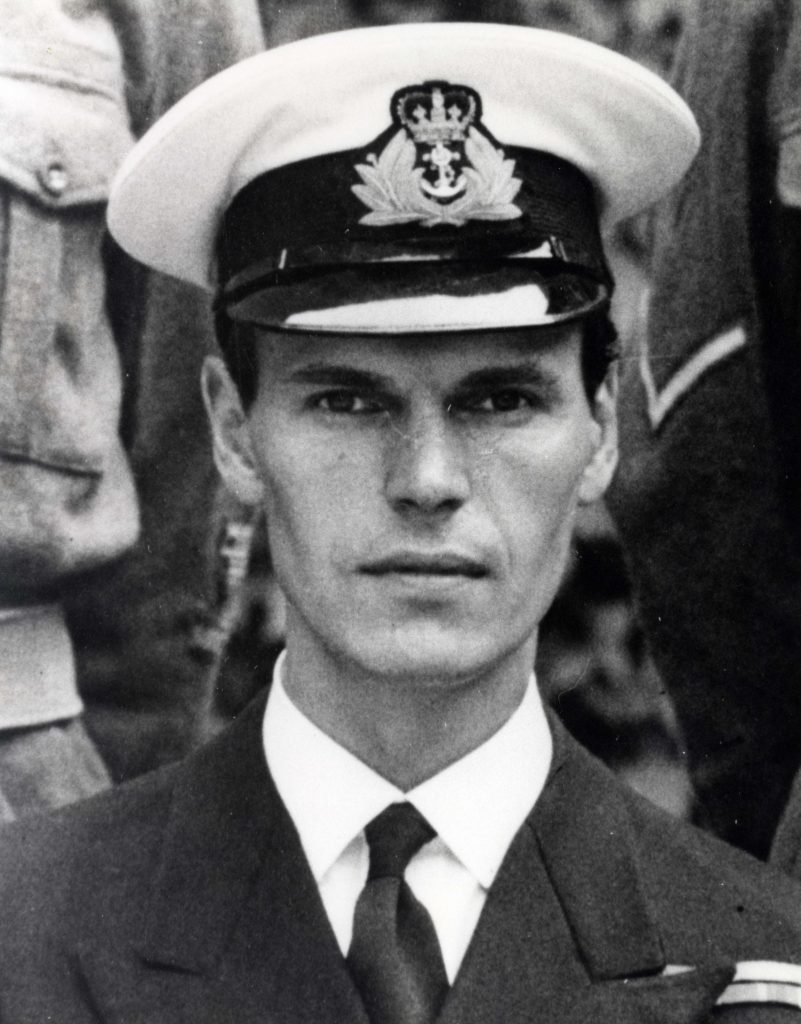 However, in the early 1940s, he was called away to the Navy in the war, working in the Navy Marines and commanding his own detachment of specialists, the HMS Phoebe, during which he discovered a love of physical geography. He returned to Britain to go straight back to his beloved Trinity to study Geography, Geology and related studies (presumably to the surprise of his supervisors)!
However, in the early 1940s, he was called away to the Navy in the war, working in the Navy Marines and commanding his own detachment of specialists, the HMS Phoebe, during which he discovered a love of physical geography. He returned to Britain to go straight back to his beloved Trinity to study Geography, Geology and related studies (presumably to the surprise of his supervisors)!
Consequently, he discovered what he described as his true passion: teaching. Applying to teach geography and maths under John Christie, he was granted a temporary job. Very quickly, it seemed, everybody came to love him – he became an “expert organiser”, housemaster of Ashburnham, then Grant’s and he practically invented expeditions along with C. H. Christie, with his trips to the Cairngorms (due to his unending love of Scotland). At some point during these years, he found Hamish, his energetic dog whom he was greatly endeared to, to such an extent that perhaps no Denny Brock photo collection is complete without a photo of the Labrador.
It was only at the end of his life that he procured his own house in Scotland, Nab Camas – a place he was supposedly quite akin to, as it is written, “it was as though at Nab Camas, the house and the hills … combined together all he really appreciated in life.” Brock left the cottage to the Westminster Society in his will, which was promptly sold and the funds used to procure the original estate in Alston. Thus, he was not only the father of expeditions but inadvertently the godfather of the Fifth Form trips to Alston.
Unfortunately, he found his later years in the school extremely difficult: imagine him, a classic portrait of the early 20th century gentleman dealing with teenagers of what he named the “mixed up sixties”, with Soul Music conventions and related activities. In his words, the boys “did not want what he had to offer” and this eventually led to his retirement, which was just a few years before his death.
The legacy of Denny Brock marks down in Westminster a change in scholastic organisation but also in culture.
